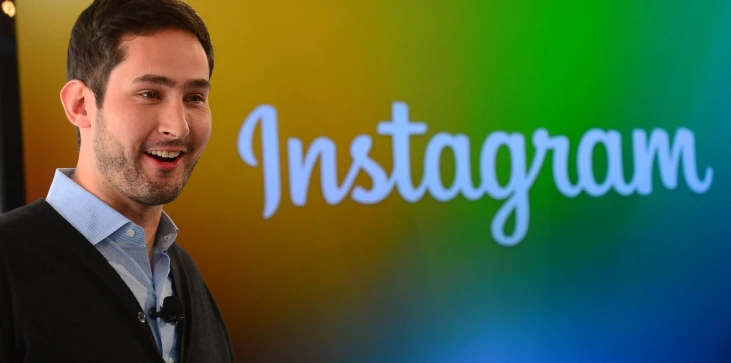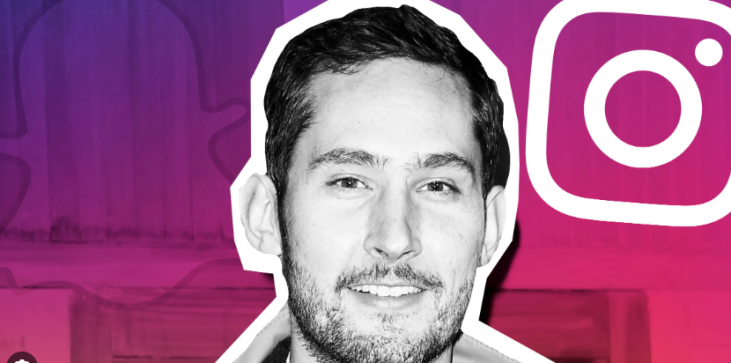
Instagram, the photo-sharing social media platform, has taken the internet by storm since its inception in 2010. With its user-friendly interface and visually appealing content, Instagram has become a household name for millions of people worldwide. But have you ever wondered who owns Instagram and is responsible for its remarkable success? In this article, we will delve into the early days of Instagram, its acquisition by Facebook, and the key players who have shaped its growth and development.
Before Instagram became the global phenomenon it is today, it started as a humble idea in the minds of its co-founders, Kevin Systrom and Mike Krieger. Back in 2010, Systrom and Krieger wanted to create a platform that allowed people to easily share their photos with others. Their vision was to provide a simple and intuitive platform that focused solely on visual content.
Their hard work and dedication paid off when they launched Instagram in October 2010. The app gained instant popularity, attracting users with its unique filters and ability to share photos directly to various social media platforms. Within hours of its release, Instagram had thousands of downloads, signaling the beginning of its extraordinary journey.
In April 2012, just two years after its launch, Instagram made headlines with a surprising announcement – it was being acquired by Facebook. Mark Zuckerberg, the CEO of Facebook, saw the immense potential of Instagram and recognized the value it could bring to his social media empire. The acquisition came at a staggering price of $1 billion, making it one of the largest tech acquisitions at that time.
This move by Facebook raised eyebrows and sparked debates about the future of Instagram. Many wondered if Instagram would lose its identity or be overshadowed by its new parent company. However, Zuckerberg assured the Instagram community that Facebook would allow Instagram to operate independently and maintain its distinct features and brand. This strategic move by Facebook proved to be a turning point in Instagram's journey towards becoming a social media powerhouse.
One cannot discuss the success of Instagram without acknowledging the key players who played a pivotal role in its growth. At the forefront is Kevin Systrom, the co-founder and former CEO of Instagram. Systrom's entrepreneurial vision and technical expertise were instrumental in shaping the platform's early development. His keen eye for design and user experience contributed to Instagram's intuitive interface and visually appealing features.
In addition to Systrom, Mike Krieger, the co-founder of Instagram, played a crucial role in its success. Krieger, with his background in human-computer interaction, brought a unique perspective to the platform's user experience. Together, Systrom and Krieger formed a dynamic duo that propelled Instagram to new heights.
Under Facebook's ownership, Instagram experienced unprecedented growth and expansion. The integration of Instagram with Facebook's vast user base and advertising capabilities opened new avenues for monetization. Instagram introduced sponsored posts and advertising options, allowing businesses to reach a wider audience and generate revenue.
Furthermore, Instagram expanded its features beyond photo-sharing, introducing video content, stories, IGTV, and shopping options. These innovations not only attracted new users but also kept existing users engaged and entertained. Instagram's ability to adapt and evolve with changing trends and user preferences has been a key factor in its continued success.
As of now, Instagram is still owned by Facebook. Despite initial concerns about losing its identity, Instagram has managed to maintain its unique brand and user experience under Facebook's ownership. Facebook's resources and infrastructure have undoubtedly contributed to Instagram's growth, enabling it to become one of the most influential social media platforms in the world.
However, it is essential to note that Instagram operates as a separate entity within the Facebook ecosystem. This separation allows Instagram to retain its distinct features and target a specific audience while benefiting from Facebook's extensive network and resources.

Throughout its journey, Instagram has faced its fair share of speculations and controversies regarding its ownership. Some users have expressed concerns about data privacy and the potential misuse of personal information by Facebook. However, both Instagram and Facebook have taken steps to address these concerns and enhance user privacy and security.
In recent years, there have also been discussions about the possibility of Facebook spinning off Instagram as a separate entity. While this remains speculative, it highlights the growing importance and influence of Instagram in the social media landscape.
As Instagram continues to dominate the social media space, the question of its future ownership remains open. With Facebook at the helm, Instagram has thrived and grown exponentially. However, the dynamic nature of the tech industry leaves room for unexpected changes and surprises.
One thing is certain – Instagram's success can be attributed to the collective efforts of its founders, Kevin Systrom and Mike Krieger, and the strategic acquisition by Facebook. Their vision, innovation, and dedication have transformed Instagram into a global powerhouse.
As we look ahead, it will be fascinating to witness how Instagram evolves further, keeping up with the ever-changing social media landscape. Regardless of its future ownership, Instagram's impact on the digital world is undeniable, leaving an indelible mark on the way we capture, share, and connect through visual content.
Instagram is owned by Meta Platforms, formerly known as Facebook. Meta Platforms acquired Instagram in 2012, under the leadership of Mark Zuckerberg.
Currently, there are no plans for changes in Instagram's ownership structure. Meta Platforms continues to own and operate Instagram as one of its key subsidiaries.
Stay informed about Instagram's ownership by following news outlets covering technology and business, monitoring official announcements from Meta Platforms, and keeping an eye on any regulatory filings or major corporate updates from the company.